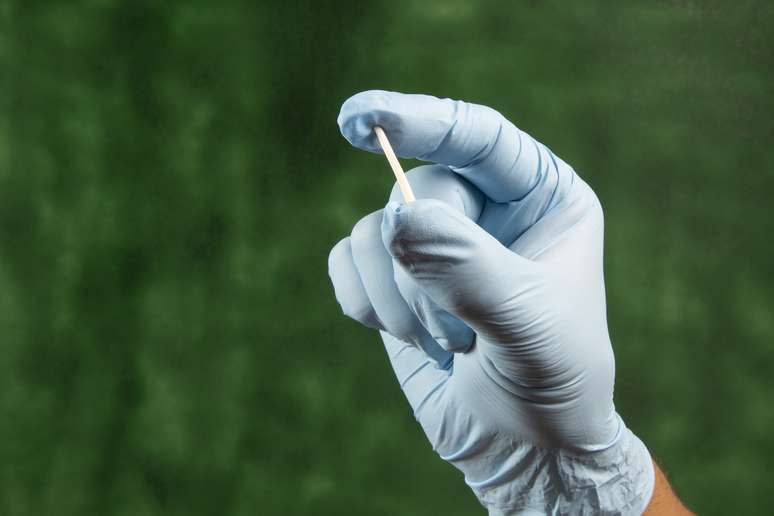Medical societies warn that this practice requires ethical and scientific support
Seven medical societies have expressed growing concern over the misuse of hormone implants in Brazil in a letter addressed to the National Health Surveillance Agency (Anvisa).
According to these entities, the application of these implants, often containing anabolic steroids and nicknamed “beauty chips”, is promoted as part of strategies that exalt the ideal of a perfect body and a healthy lifestyle. However, medical societies warn that this practice lacks ethical and scientific support.
Endocrinologist Eliana Teixeira recalls that the “beauty chip” took its name from a hormone called gestrinone, used to treat endometriosis, which has androgenic effects.
“Women who followed a good diet and practiced physical activity had a poor aesthetic response when they used this substance,” explains the specialist.
The updated oxytocin-containing chip with the promise of aiding in weight loss, however, has health professionals worried. A young woman was hospitalized in serious condition after developing brain edema 24 hours after placing the implant with the substance.
“Oxytocin has an antidiuretic effect, so it deprives our body of diuresis and because of this we begin to retain large quantities of fluids, which can lead to brain edema,” explains the specialist.
Oxytocin is a substance whose function is to cause the contraction of the uterine muscles during childbirth and the ejection of milk during breastfeeding. Furthermore, it is popularly known as the “love hormone” as it is released by the human body during moments of joy and pleasure. According to the doctor, the effects of oxytocin are to stimulate sociability, strengthen emotional connections and improve anxiety.
“There is no work demonstrating the effectiveness of oxytocin in weight loss. There is no substance via implant that promotes weight loss. At the moment there is no work, no study that demonstrates indications either for the substance oxytocin or for another substance through hormonal implantation that promotes weight loss,” says the endocrinologist.
Again in the note sent to Anvisa, the entities underline that “‘hormonal chipping’, presented by presumed experts and passed off as ‘modern medicine’, appears to be, in reality, an antiquated and obsolete practice, since it uses drugs that have been discontinued by the evidence-based medicine”.
The document was signed by ABESO (Brazilian Association for the Study of Obesity and Metabolic Syndrome), SBEM (Brazilian Society of Endocrinology and Metabology), FEBRASGO (Brazilian Federation of Gynecology and Obstetrics Associations), SBMEE (Brazilian Society of Medicine of Exercise and Sport), the SBD (Brazilian Diabetes Society), the SBU (Brazilian Society of Urology) and the SBGG (Brazilian Society of Geriatrics and Gerontology).

The risks of artificial tanning, banned since 2009
Source: Terra
Ben Stock is a lifestyle journalist and author at Gossipify. He writes about topics such as health, wellness, travel, food and home decor. He provides practical advice and inspiration to improve well-being, keeps readers up to date with latest lifestyle news and trends, known for his engaging writing style, in-depth analysis and unique perspectives.









